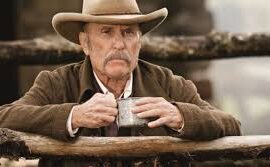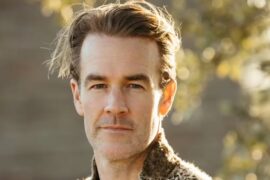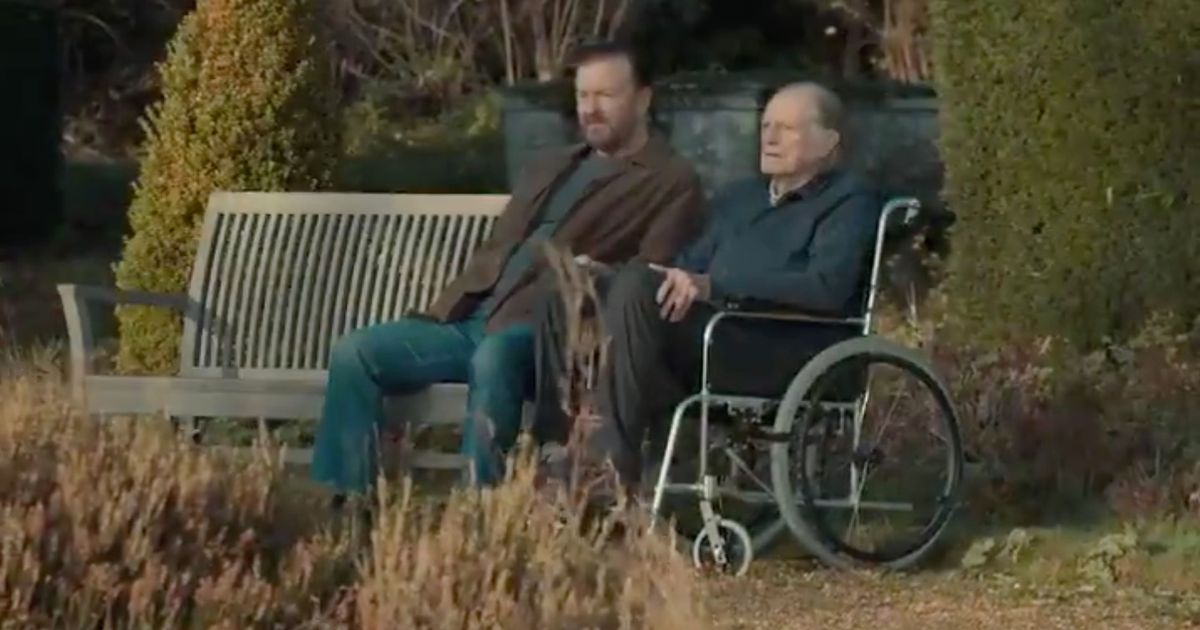
Now would seem like a strange time to be watching a TV series about sorrow and grief. Courage, citizens; put down that bottle of bleach. Despite its bleak premise, Ricky Gervais’ After Life has returned just in time.
The second season premiered Friday on Netflix. The six new episodes, written by Gervais, are a worthy follow-up to one of my favourite shows from last season. The only drawback to sitting down and watching it all in three hours, as we did at home Friday night, is having to wait another year for more.
Gervais plays Tony, a journalist writing human interest stories at a local free newspaper, The Tambury Gazette. It feels sad right away then; sad for a world where these kinds of community newspapers no longer exist. (Although, hey, there are blogs.)
After Life is about more than the death of print. Tony is still not over the death of his wife, Lisa (Kerry Godliman), who lost her battle with cancer prior to Season One. She continues to be a constant presence in the series. Lisa left behind a series of pre-taped videos and Tony, often lying in bed, clings to them, his laptop a streaming nite light, their beloved dog Brandy on one side, an almost empty bottle on the other.
In Season One, Tony was trying to punish the world for his wife’s death by blurting whatever he wanted to everyone he encountered. He called it his “superpower,” and it was too much truth — not unlike what Gervais does at the Golden Globes.
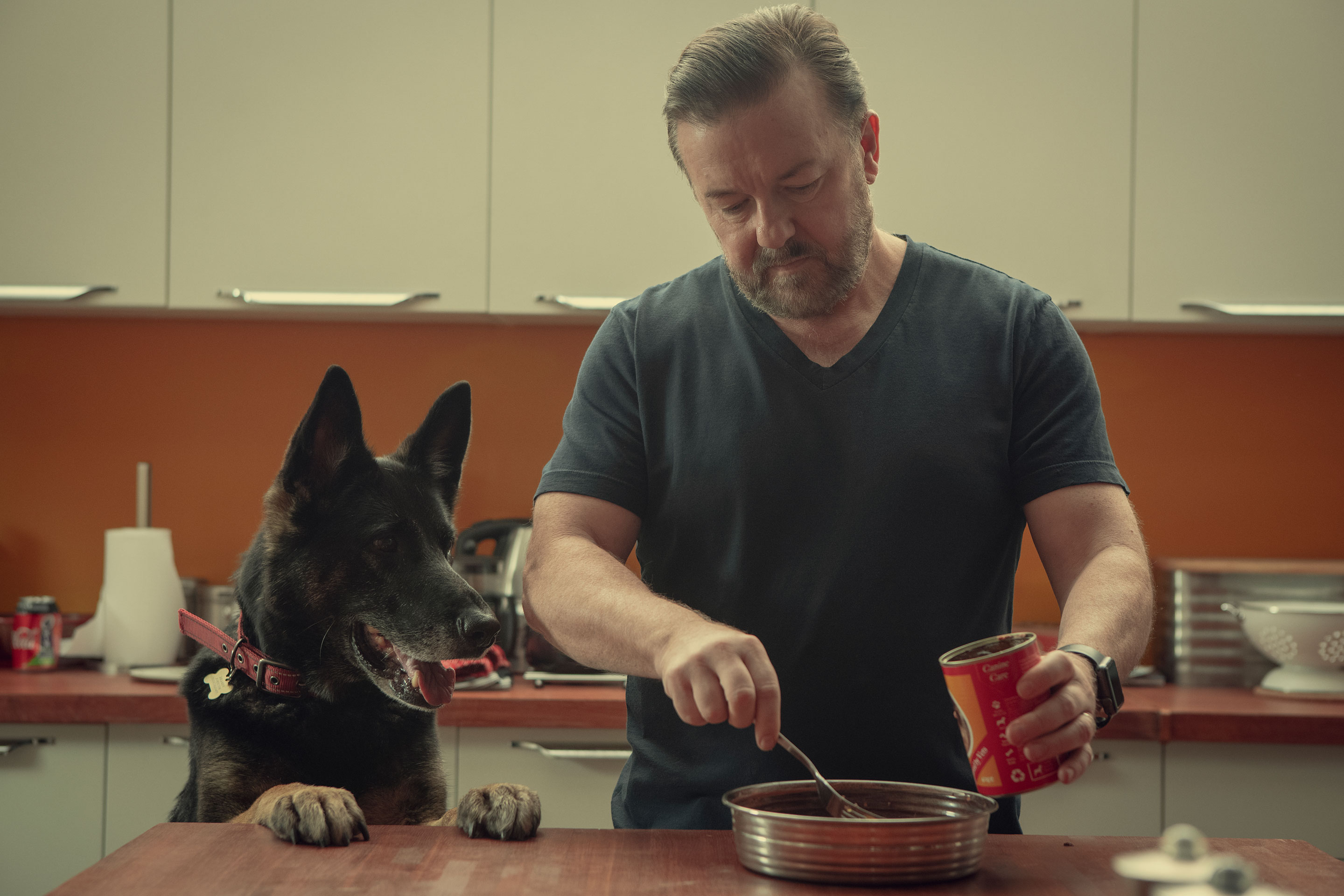
Season Two, however, is different. Tony is trying to become a better person. He doesn’t believe in much, including faith in God, but he is trying to do unto others. He’s trying very, very hard to be kind to the people who have been kind to him.
advertisement
That does not come easy to our hero, still occasionally warding off thoughts of suicide. “It’s kindness I have a problem with,” he says at one point this season. “I don’t deserve it.”
He does though. This season, his treks out to interview local characters — something he does with lumpy staff photographer Lenny (Tony Way) — are not all played for laughs. When, for example, they visit a man in his sixties who claims — to his wife’s horror — that he identifies as an eight year old girl, Tony keeps much of his snark in check and doesn’t mock the bonnet and dress. On his way out the door, he stops long enough to offer compassion and cheer to the couple’s pre-teen daughter. Other interview subjects inspire a similar moment of comfort.
One of the stars this season is postman Pat (Joe Wilkinson). Pat is one of a series of “losers” who surround Tony. The big galoot is seen squatting in Tony’s garden having breakfast, or commandeering his bathroom. Nonetheless, Tony finds ways this season to see the good in others and to respond with compassion.
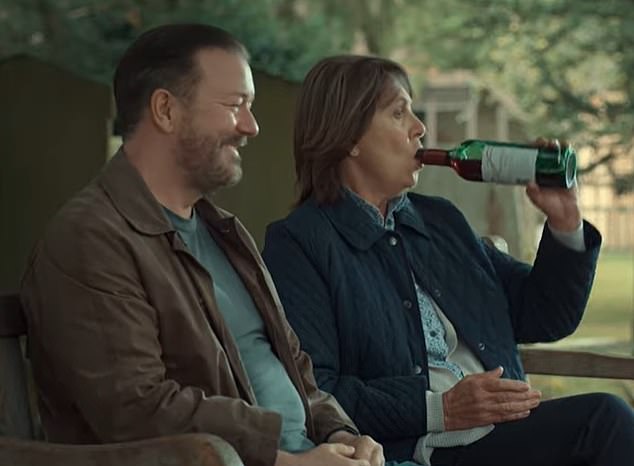
This extends to his “sex worker” friend Roxy (Roisin Conaty) and his wise accquaintance Anne (Penelope Wilton), a widow who becomes Tony’s defacto shrink during their park bench meetings at the graveyard.
There’s a storyline this season involving a character named James (Ethan Lawrence), the son of Lenny’s girlfriend June, and his involvement with a local theatre company. Like Tony, I’m trying to be kind, but these new characters were a few imbeciles too many for me.
I had even less time for the creepy shrink played by Paul Kaye. He spends Season Two ministering to Tony’s sad sack boss and brother-in-law Matt (Tom Basden). No one in their right or wrong mind would return to this jackass quack for a second session. On the other hand, my viewing partner loved this character and saw him as a “pervy” Michael Caine look-a-like, complete with wavy hair and signature wind-screen glasses.
Tony’s dad Ray (David Bradley), living at a long term care centre his son visits every day, is a moving presence in every scene. Bradley has very few lines, but each are poingnant and effecting, made more so by the fact that many of us can’t currently visit our own vulnerable family members in care centres.
Then there’s Emma (Ashley Jensen), a nurse who looks after Ray at the long term care centre. Tony really likes her, but is unable to get past the grief he feels over the loss of his wife to committ to any new relationship.
Tony is able to connect more effectively with his co-workers. Sandy (Mandeep Dhillon), loves her job but worries, at 30, that she’ll never have the love that Tony so tragically lost. The paper’s flirtatious ad sales rep, Kath (Diane Morgan), also feels alone and isolated. In separate scenes, Tony tries to bolster both over coffee.
There is a sense in Season Two that we’re all in this together, a feeling that strikes a deep chord in this time of protracted isolation. That even if your friends and co-workers get on your nerves, we’ll eventually all get by with a little help from our friends.
Music plays an effective role this season. Listen for “Passing Afternoon” by Iron & Wine, who sing about “things that drift away like our endless, numbered days.” The series was filmed in Hampstead, Beaconsfield and Camber Sands in East Sussex, and it is Escape to the Country right. One caution regarding language, however: the “C word” is dropped so often those four letters must have rubbed off Gervais’ keyboard.
Whenever you hear it, think compassion. After Life shows that defining moments are often found during times of grief or a crisis. That we’re all in this together and that kindness counts. That, as even a dog knows, unconditional love is all you ever really need.




